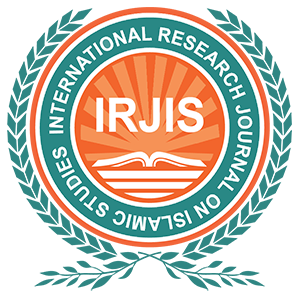Abstract:
In today’s globalized world, where religious, cultural, and ideological diversity is more interconnected than ever, the promotion of religious harmony has become a pressing need. This research explores the significance of religious harmony in the contemporary context, focusing on the socio-political, ethical, and interfaith dimensions that demand urgent attention. The study highlights how intolerance, extremism, and sectarianism have undermined peace and coexistence in many societies. Through an analytical approach, the article examines the role of education, media, religious leadership, and governmental policies in fostering a culture of mutual respect and understanding among diverse faith communities. The research also draws on historical examples and religious teachings that emphasize peace, tolerance, and coexistence as foundational values. By identifying key challenges and opportunities, the paper proposes practical steps to strengthen interreligious dialogue and inclusive engagement. It concludes that sustainable peace and societal development are deeply linked with promoting religious harmony through collective efforts and moral responsibility at all levels of society.
Keywords: Religious Harmony, Interfaith Dialogue, Peacebuilding, Contemporary Society, Social Cohesion

